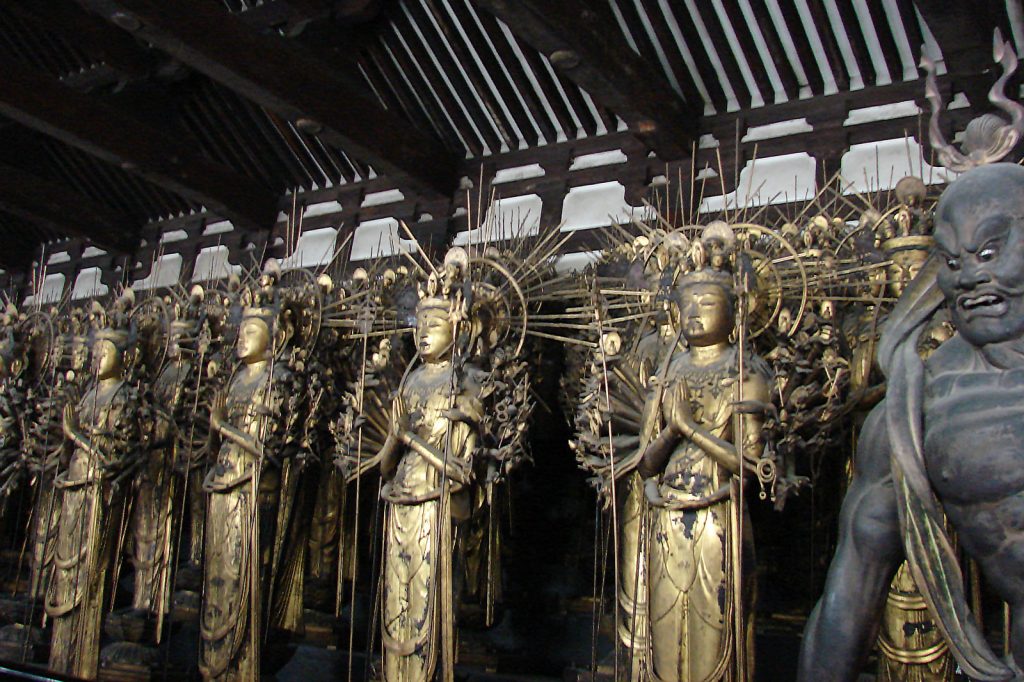Nothing is permanent, so everything is precious. Here’s a selection of some happenings—fleeting or otherwise—in the Buddhist world this week.
Canada strips Myanmar’s Aung San Suu Kyi of honorary citizenship
The Canadian government has revoked the honorary citizenship of Myanmar’s leader Aung San Suu Kyi, Al Jazeera reports. The motion, which the parliament passed unanimously, was a rebuke to Suu Kyi’s handling of the Rohingya crisis, in which military violence has forced more than 700,000 people from the Muslim ethnic minority to flee the country. Salma Zahid, a member of parliament representing Scarborough Centre in Ontario, said on Twitter that Suu Kyi’s “unwillingness to take any moral leadership for the genocide of the Rohingya in her country is inexcusable, and deeply disappointing.”
Related: Who Is the Real Aung San Suu Kyi?
South Korea’s Jogye Order Picks New Leader
South Korea’s largest Buddhist order has selected a new leader, following a corruption scandal that led to the ouster of their previous executive chief, the South Korean Yonhap News Agency reports. The Jogye Order’s Central Council elected former chairman Ven. Wonhaeng to the position vacated by Ven. Seoljeong, who was the subject of a no-confidence vote in August after he took back his decision to step down. But Wonhaeng’s title is still in dispute as three of his competitors dropped out of what they described as an unfair election process, according to Yonhap. If unchallenged, Wonhaeng, a critic of his predecessor, will serve a four-year term.
Taiwan Bulldozes Communist Shrine at Buddhist Temple
Less than a month after reports surfaced of a contractor in Taiwan who converted a wing of a Buddhist temple into a shrine to the Chinese Communist Party, the Taiwanese government brought in bulldozers to level the annex, reports the South China Morning Post (SCMP). Wei Ming-jen, the Taiwanese businessman who was originally hired to do work on the Biyun Temple in Ershui, had evicted the four nuns who lived there after he said they failed to pay their bills. He then turned the temple into a “patriotic education base” adorned with Chinese flags and large portraits of party leaders. A Taiwanese magistrate ruled on September 25 that the new construction was illegal and said that the smaller temple was a historic monument that could only be used for its original purpose, according to the SCMP. The next day, the government sent a crew of 55 engineers and workers with 17 bulldozers to demolish the new structure. At a final flag raising ceremony attended by 20 people, Wei Ming-jen insisted that he obtained the building legally and vowed to return, the SCMP reports.
Kyoto Temple Restores 1,001 Bodhisattva Statues
A Japanese temple has completed a 45-year restoration of 1,001 bodhisattva statues, the Japan Times reports. Kyoto’s Sanjusangendo Hall (which is also known as the Rengeo-in, or the Hall of the Lotus King) is famous for its 1,001 statues of Kannon (Skt., Avalokiteshvara; Chinese, Guanyin), the bodhisattva of compassion. The restoration work, which cost ¥920 million (around $8 million), mostly involved cleaning dust and preventing gold foil from peeling off, according to the news outlet. The process has restored the shine to the artifacts, some of which date back to the Heian Period (794–1185 CE), a temple official told the Japan Times.
Released Tibetan Political Prisoner Dies from Alleged Torture Complications
A former Tibetan political prisoner died on September 30 after a long battle with health problems allegedly stemming from torture-related injuries sustained while in Chinese custody, Phayul.com reports. When Shonu Palden, 41, was released from prison in July 2013, he suffered from blocked arteries, weak eyesight, and breathing and hearing problems. Palden was freed a year before his expected release date, according to the Tibetan Center for Human Right (TCHRD), who note that Chinese authorities often release people with medical issues to avoid responsibility for a prisoner’s death. The TCHRD claims that Palden, who was arrested in June 2012 for leading a protest during the 2008 Tibetan uprising, was tortured shortly after being detained and did not receive adequate medical care while serving his sentence. He has since undergone two major surgeries, according to the rights group. The TCHRD is calling for China to investigate the allegations of torture and compensate Palden’s wife and three children for his medical costs.
Thank you for subscribing to Tricycle! As a nonprofit, we depend on readers like you to keep Buddhist teachings and practices widely available.
